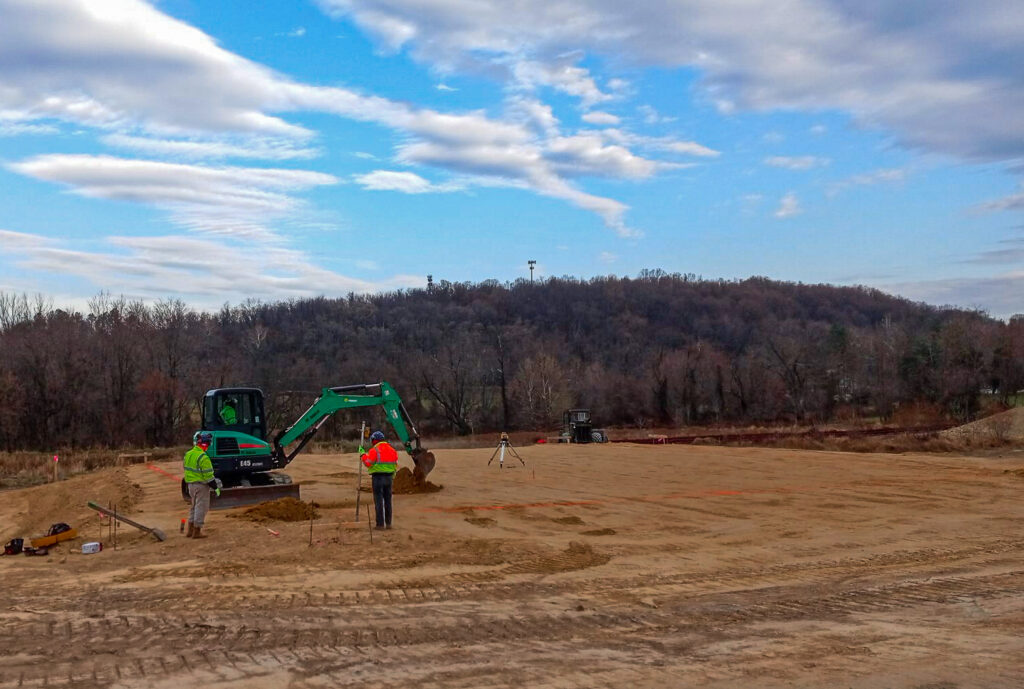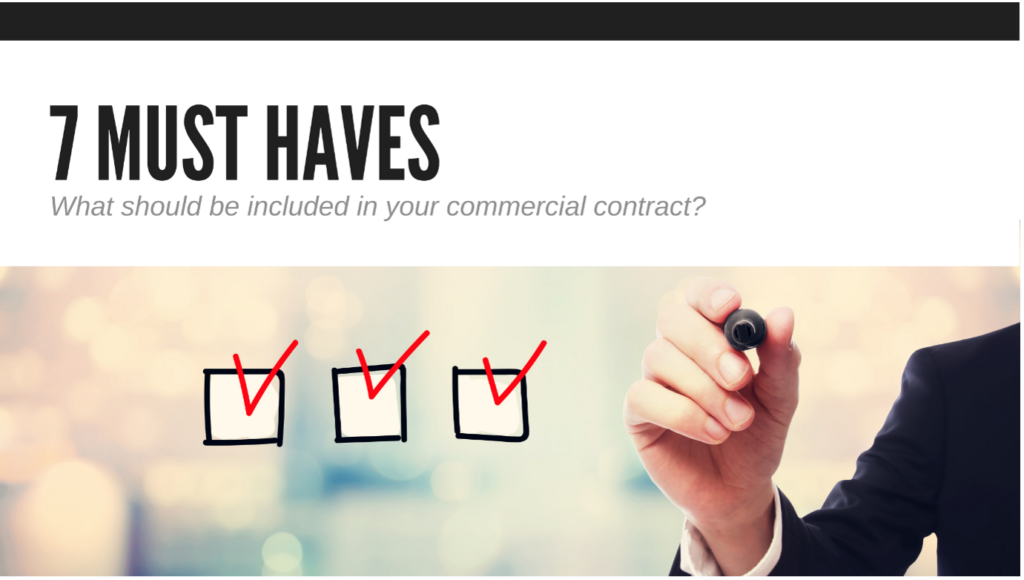You’ve got big dreams and the financing to back your new project. Whether opening a restaurant or retail store, finding the right property for your business is essential to getting things off on the right foot.
Before moving in, you must navigate the commercial leasing process. If you’ve ever purchased a home, you may think you understand the process. However, commercial leases are more complex and involved than residential real estate transactions and require special considerations.
Here’s what you need to know about securing a commercial lease before you sign your name on the dotted line.
Types of Leases
Before you can negotiate a lease, know that there are different types of leases. There are three main types for commercial properties: percentage, net, and gross. A percentage lease means you pay a base rent amount per month or year, then a percentage of your sales over a certain dollar amount. This type of lease is common for retail spaces. Net leases mean paying the per-square-foot base price plus some or all of the property’s expenses. This could be taxes, insurance, and maintenance. What’s included in the lease varies from property to property. A gross lease includes all fees, including any share of utilities, taxes, and maintenance, within the per-square-foot price.Find an Experienced Real Estate Broker
Because commercial leases are a different beast than residential real estate transactions, a real estate broker or agent experienced in the commercial leasing process is a must. The right real estate broker can help you find properties that meet your needs and walk you through other considerations, like the zoning process. Interview brokers before you select one to work with to ensure they’re experienced in helping tenants secure leases. The landlord, not the tenant, pays the broker’s fees, so there’s no reason not to hire one. Because their commission is based on the overall cost of the lease when signed, some may try to talk you into the most expensive lease possible. Stick to your plan. Don’t go so far over your budget that you’ll find yourself in a difficult financial position.Read the Lease
The first copy of the lease will be written mainly in favor of the landlord. This is in hopes that you read and sign without considering the effect its terms and conditions may have on you. In some cases, it may be in your best interest to hire an attorney experienced in commercial leases to negotiate the terms on your behalf. By the end of the negotiation process, your lease should balance the landlord’s needs with the tenant’s, with all parties making concessions here and there.Negotiate the Lease
Once you’ve read the lease and have an idea of things you’d like to negotiate, it’s time to go back to the landlord to hammer out the details. Some of the things to negotiate in a commercial lease include:- The length of the lease – Shorter-term leases are more favorable for tenants. You can break them faster if you close your business, face financial difficulties, or the space no longer suits your needs. However, having a short-term lease also means you risk losing your space if the landlord decides not to renew it.
- How rent increases are handled – Many landlords try to work annual increases into your lease based on the consumer price index or another measure. Be sure you fully understand any increased structures before you sign off on a lease.
- Alterations – Find out who’s responsible for making and paying for maintenance and modifications to the space and what you’re allowed to change. Don’t wait until renovation plans are in place to discover that you can’t add extra walls or change the flooring.
- Signage – Your customers need to see clearly-branded signs directing them toward your space. Be sure your lease outlines what types of signs are allowed and where they can be located.
- Sublease clause – If you cannot pay your rent––for going out of business or needing to downsize dramatically––it’s best to have a sublease clause that allows you to rent to someone else who can pay.
- Exit plan clause – You may need to break your lease, for instance, if you have to move and can’t find someone to sublease to. Try to negotiate the lowest early termination fees possible just in case.
- Assignability: If you sell your business, you may want to assign your lease to the new owner. Try to negotiate this option into your lease.
- Co-tenancy: Your business may depend on foot traffic from another tenant in the building. If so, negotiate to add a clause allowing you to break your lease if the other tenant leaves.
Commercial Construction Contractors in MD & VA
Now that you’ve successfully negotiated and signed your commercial lease, you need an experienced, detail-oriented commercial construction contractor to handle your remodel. At Contour Construction, we have years of experience working with commercial clients of all types and sizes, giving them the space they need to make their business a success. From initial project managing to full-scale builds, we know the commercial contracting process inside and out. We’ll get your project done on time and under budget. Schedule your consultation today!
Lisa Parsell is the Chief Operating Officer at Contour Construction, bringing nearly a decade of experience across business development and operations. She leads with a focus on efficiency, innovation, and high-quality project delivery.




